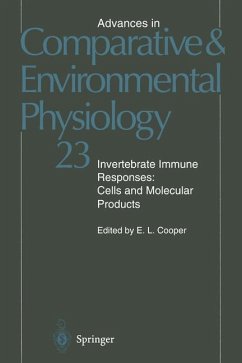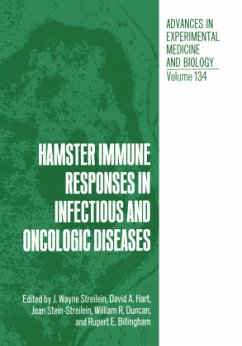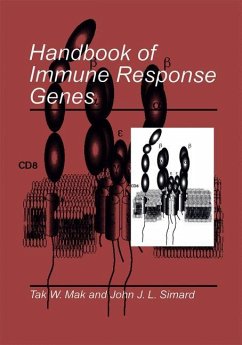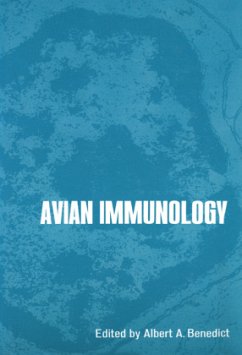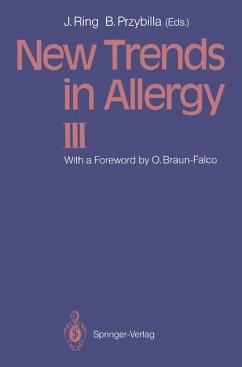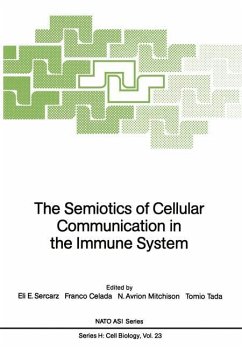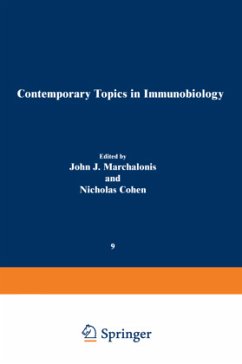
Somatic Diversification of Immune Responses

PAYBACK Punkte
38 °P sammeln!
Discovery of the mechanism for V(D)J hypermutation remains a basic goal of immunology despite the best efforts of many labo ratories. The existence of catalyzed, site-specific mutation and its exploitation for the somatic evolution of lymphocytes are re markable adaptations, yet since the discovery of hypermutation in 1970 (see cover), much hard work has generated little. Indeed, our knowledge of what is probably absolutely required for the mutator's action can be succinctly expressed: /g gene enhancers. Table 1 of Winter et a!.'s chapter puts into a historical perspec tive how our notions of ...
Discovery of the mechanism for V(D)J hypermutation remains a basic goal of immunology despite the best efforts of many labo ratories. The existence of catalyzed, site-specific mutation and its exploitation for the somatic evolution of lymphocytes are re markable adaptations, yet since the discovery of hypermutation in 1970 (see cover), much hard work has generated little. Indeed, our knowledge of what is probably absolutely required for the mutator's action can be succinctly expressed: /g gene enhancers. Table 1 of Winter et a!.'s chapter puts into a historical perspec tive how our notions of the mutator have changed over the years. Despite these modest gains, most of us feel that this is the best of times. Our work has not only shown us what the mutator is not, it has also, like an artist's preliminary sketch, defined the questions and experiments we must face without diminishing the potential for new biology. In short, it is great fun to toil against a significant and enigmaticproblem.





